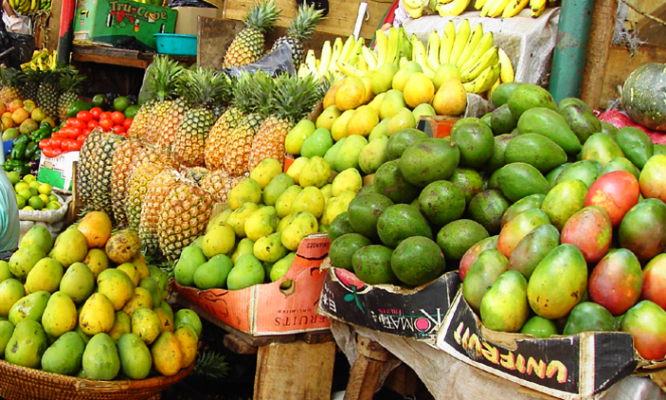“No junk, no processed foods. Eat green, eat Africa, beat hospital traps and dump the doctor’s price cards altogether” was the theme of the Symposium where I was recently privileged to share my experiences of the strict, healthy African balanced diet menu that I designed for the UPDF’s generals in the early 2000s.
Eating the right food can help us avoid certain diseases or recover from them much faster. There are certain chemical substances in the foods we consume called nutrients classified as carbohydrates, proteins, fats, vitamins, minerals and water.
Essential nutrients include water, carbohydrates, proteins, fats, vitamins and minerals. If the importance of nutrients was judged by how long we can do without them, then water ranks number 1.
The human body is 65% water and while water itself has no calorie value, without it we could not digest food or eliminate body waste.
What raised a big storm during my discussion was the example that I gave that a person can survive only 8-10 days without water whereas it takes weeks or even months to die from lack of food.
Human nutrition is the study of how food affects the health and survival of the human body. Nutrients are both essential and non-essential, the latter being naturally manufactured by the body itself and do not need to be obtained from food and includes cholesterol (fat-like substance present in animal cells).
What most people refer to as common foods used in lower, upper schools, tertiary including universities and other communal institutions such as prisons are starches and sugars which are majorly carbohydrates such as posho, beans, potatoes and the like.
Carbohydrates are a key source of human energy. When they are digested, they produce glucose which is critical in maintaining tissue protein which fuels the central nervous systems.
Unused glucose is absorbed into the blood stream and some of it goes straight to work in the brain and red blood cells.
The rest makes its way to the liver and muscles. In addition to starches and sugars, complex carbohydrates contain indigestible dietary fiber that plays a vital role in our hearts and these are found only in plants. Dietary fiber is classified as soluble or insoluble. Soluble fiber is found in such foods as grain (cereals), beans, peas, apples and citrus fruits. Insoluble fiber is found in vegetables, whole grain products, bran which provides roughage that speeds up elimination of stool which action decreases the time that the body is exposed to harmful substancesand possibly reducing risks of diseases such as colon cancer.
Vitamins and minerals are found in a wide variety of foods, but with varying concentrations. For example oranges contain plenty of vitamin C and folic acid but with nothing much more.
Milk contains plenty of calcium but no vitamin C. sweet potatoes and carrots are rich in vitamin A and good in night vision (emphasis for combatants), but Irish potatoes on the contrary provide almost no night vision. Although malnutrition is more associated with dietary deficiencies, it also afflicts people with too much of the foods that are low on essential nutrients. Here, one may get abundant amounts of calories each day and yet remain under nourished!!!
An excessive diet may also lead to obesity and eventually diabetes and other heart problems. Eating very salty foods or raw salt may cause high blood pressure, where the heart tends to work too hard and strains the arteries which can also lead to strokes like the case today, heart attacks and or kidney failure.
Our bodies are not dust bins, GOD made us not to eat junk (poison) but to eat wild and be safe that is why He gave us Africa.
Nabendeh S. P Wamoto (0776658433).
simonwamoto@yahoo.co.uk





